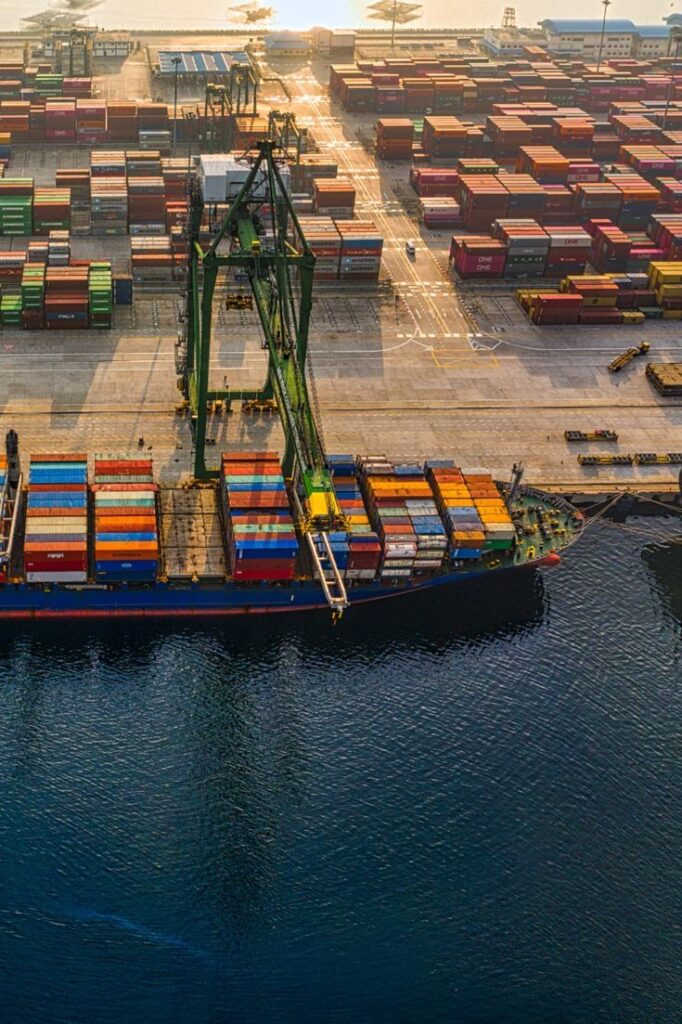
Current and Potential Tariffs: What You Need to Know to Stay Ahead
In the ever-evolving landscape of international trade, staying updated on current and potential tariffs is essential for businesses that import or export goods. At Serpa USA, we understand that navigating the complexities of tariffs can be challenging, and we are committed to providing you with the latest updates to keep your operations running smoothly.
Recent and Ongoing Tariffs
- 25% Tariffs on Imports from Mexico and Canada – Effective Now As part of ongoing trade discussions, a 25% tariff on automotive imports from Mexico and Canada is currently in effect. While there is a one-month exemption on automotive imports from these countries, businesses should be aware of the potential impact on pricing and sourcing decisions.
- Canada’s 25% Tariffs on U.S. Imports – Effective Now Canada has imposed 25% tariffs on approximately C$30 billion (US$20.7 billion) worth of U.S. goods. These tariffs target a wide range of products, including orange juice, peanut butter, wine, spirits, appliances, apparel, footwear, motorcycles, cosmetics, and certain pulp and paper products. Importers should be prepared for increased costs when dealing with Canadian goods.
- U.S. Increased Tariffs on Chinese Imports – Effective Now The U.S. has raised tariffs on Chinese imports from 10% to 20%, which affects a variety of products. Companies importing from China need to assess how these new tariffs could impact their supply chain and pricing strategies.
- Reciprocal Tariffs from the U.S. – Effective April 2 Starting April 2, the U.S. plans to impose reciprocal tariffs on all countries that apply tariffs or VAT on U.S. imports. This will have far-reaching effects on international trade, particularly in countries that have retaliated against U.S. policies.
- On February 10, 2025, President Trump reinstated a 25% tariff on steel imports and increased tariffs on aluminum imports to 25%, effective March 12, 2025. This action ends all previous exemptions and applies these tariffs to all countries, including Brazil.

Mitigating the Risks of New and Potential Tariffs
The landscape of global trade is shifting, and companies must adapt quickly to remain competitive. One effective way to manage the financial impact of tariffs is by utilizing Foreign Trade Zones (FTZs). FTZs provide a strategic advantage by allowing businesses to defer, reduce, or even eliminate certain duties and taxes on imports, ensuring your supply chain remains cost-effective.
At Serpa USA, we offer comprehensive FTZ services that can help your business mitigate tariff risks and maintain a smooth flow of goods across borders. By utilizing FTZs, you can take advantage of duty reductions and minimize unnecessary expenses that would otherwise eat into your profit margins.
How Can Serpa USA Help?
If you’re looking to safeguard your business against the financial impact of current and potential tariffs, contact Serpa USA to learn how Foreign Trade Zones can benefit your cargo. Our team of experts will guide you through the process and ensure your operations remain efficient and cost-effective.
Contact Us Today: To learn more about how Serpa USA reach out to us at info@serpausa.com.
The global trade environment is changing rapidly, and tariffs play a crucial role in shaping international commerce. By staying informed and proactive, businesses can better navigate these challenges. At Serpa USA, we are committed to providing the support and solutions you need to protect your supply chain and maintain a competitive edge in the marketplace.